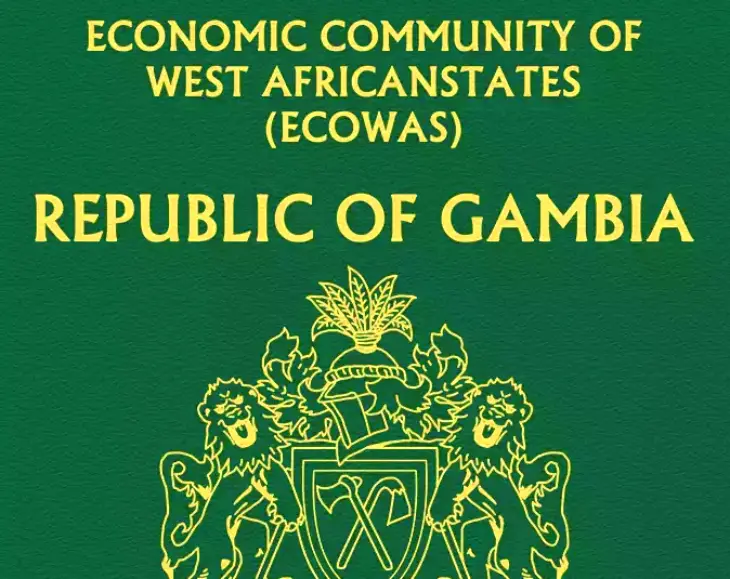Gambiaj.com – (BANJUL, The Gambia) – Spanish police have begun seizing machine-readable passports (MRPs) issued by The Gambia amid mounting concerns over the authenticity of the documents, complicating the lives of Gambian migrants and raising broader questions about the credibility of the nation’s passport system.
The seizures, confirmed by The Gambia’s embassy in Madrid to The Standard Newspaper, primarily affect non-biometric passports, which have been widely used by Gambians abroad. According to embassy officials, the move is part of routine investigations triggered by discrepancies between passport details and the appearance of the holders.
“When authenticity is in question, Spanish authorities may temporarily confiscate the documents,” an embassy spokesperson told The Standard. “These investigations often involve passports not obtained directly through the embassy. We work closely with Spanish officials to verify legitimacy and ensure a fair assessment.”
The Gambian Immigration Department attributes the issue to irregularities involving passport applications filed by migrants through intermediaries or family members without proper verification, particularly regarding age.
“This often happens with young irregular migrants trying to pass as minors for legal or social benefits,” the department noted. “We can’t control age confirmation when these applications are processed outside the country’s jurisdiction.”
Embassy’s Role and Rising Costs
To resolve such cases, the Gambian embassy in Spain conducts independent investigations and issues Certificates of Authentication for valid passports. However, these services come at a cost. Migrants pay €30 for authentication and up to €75 for renewal—a price nearly double the cost in The Gambia.
The increasing scrutiny has highlighted long-standing challenges for the Gambian Embassy, which has struggled with limited resources and growing workloads. Inaccurate population data further complicates matters, as the embassy relies on document requests as proxies for tracking Gambian nationals in Spain. Recent estimates suggest over 20,000 Gambians reside in the country, but the true figure may be significantly higher.
Biometric Passport Initiative Gains Urgency
The ongoing issues with MRPs have intensified calls for a transition to biometric passports for Gambians abroad. Biometric passports, considered the gold standard in international travel security, are already mandated by ECOWAS and recommended by the European Union. The Gambia began issuing them in 2014, but most diaspora communities still rely on MRPs due to logistical challenges.
Efforts to address this gap are underway. The Gambian government, in collaboration with AFRICARD—the company contracted to produce biometric passports—has launched a sensitization tour in Spain and Italy. Plans are being finalized to deploy Gambian Immigration Department (GID) officers to Spain to facilitate the rollout of biometric passports.
However, cost remains a contentious issue. Initial proposals set the fee for biometric passports at €200, sparking backlash from diaspora communities. The fee has since been reduced to €120, though concerns over affordability persist, particularly as inflation pressures AFRICARD to push for higher fees.
International Repercussions and Wider Implications
The Belgian embassy in Dakar has already stopped accepting Gambian MRPs, mandating biometric passports for visa applications. The move underscores growing international skepticism over the reliability of Gambian MRPs and the urgency for reform.
The GID acknowledged the risk of broader rejection, emphasizing that biometric passports are the globally accepted standard under International Civil Aviation Organization (ICAO) guidelines.
The issue of passport authenticity is not new for The Gambia, where foreign nationals have reportedly acquired Gambian documents, including voter cards, for years. Fraudulent practices have further complicated efforts to document genuine Gambians abroad.
“Applicants misrepresenting their identities or ages pose significant challenges,” the embassy stated. “Each case requires meticulous verification to prevent fraud and ensure fairness.”
While the introduction of biometric passports offers hope for resolving documentation issues, it also highlights the need for systemic reforms and greater support for Gambian migrants abroad. Until these measures take full effect, Gambians in Spain will face heightened scrutiny and uncertainty.










